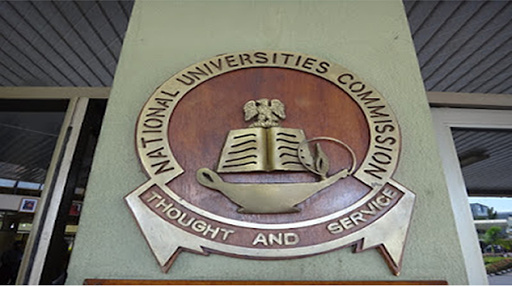
In the past, the position of Vice Chancellor (VC) of federal universities in Nigeria had no provision for newspaper advertorials. The search for potential VC then used to be the prerogative of the members of Council. Even as at then, there used to be many viable candidates. The candidates would be shortlisted and then appeared before the Joint Council and Senate Selection Board, whose duty it was to forward three names in order of merit to the ‘Visitor,’ who in turn would make the appointment.
It is not totally correct to claim that only very few candidates used to show interest in the position. For example, in the 1983/1984 race for University of Ibadan VC, there were no less than 13 candidates. One of the candidates reported this in his published Memoirs. He was honest enough to faithfully report that he had made contacts with Dodan Barracks in Lagos (‘lobbying’), then the seat of government that he would be assisted if his name made the final shortlist of three names sent to the Visitor. According to him, he was ranked about number 5. And that ended his ambition to become the VC that cycle.
In contemporary times, the position of VC of federal universities is advertised in newspapers and circulated widely. Then there is provision for a Search Team to look for other viable candidates who might not have ordinarily wished to apply to be considered by the Council.
With the Universities Miscellaneous Provisions (Autonomy) Act 1993, ‘Council’ has the final decision on the appointment of VC of a Federal University. After Council has made the appointment, all that is required is just to ‘INFORM the Visitor’.
Since Council is the final arbiter, the contest is then fiercest in Council. This was first applied for the appointment of VCs of federal universities about year 2008/2009; in the case of UI, Council and not the Visitor appointed the 11th VC in September 2010. About 13 candidates vied for the position of UI VC that year which was about the same number some 36 years earlier in the 1983/1984 VC race in UI as alluded to above. So to that extent the competition had not become keener using the number of candidates as a surrogate for determining the level of competitiveness.
A few years after that, the Federal Ministry of Education, Abuja, introduced a ‘template for the appointment of VC’, which among others, specified that a prospective candidate should have been ‘a Professor for at least 10 years.’ This condition, which was not hitherto included as a condition precedent, was adopted by the Council of UI for the first time in 2015 and 2020/2021 for the appointment of the 12th and 13th VCs.
Some Councils do not include the 10 years professorial experience when advertising the position of VC. They claim it is only advisory and neither binding nor mandatory.
The total number of applicants for UI VC was still about 13 in the 2015 VC’s race in UI. The figure was slightly higher in 2020/2021 only because the then Council of UI in its wisdom and for whatever reason decided to search many candidates apart from those that originally applied. I think there were about 18 VC candidates in all.
In effect, the ball is in the court of the Council to act decisively on the matter of appointment of VCs.
Prof. Olayinka is former Vice Chancellor of University of Ibadan.






